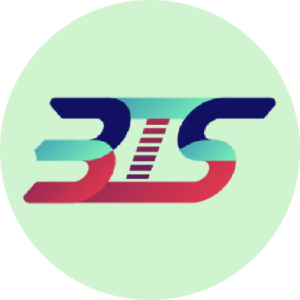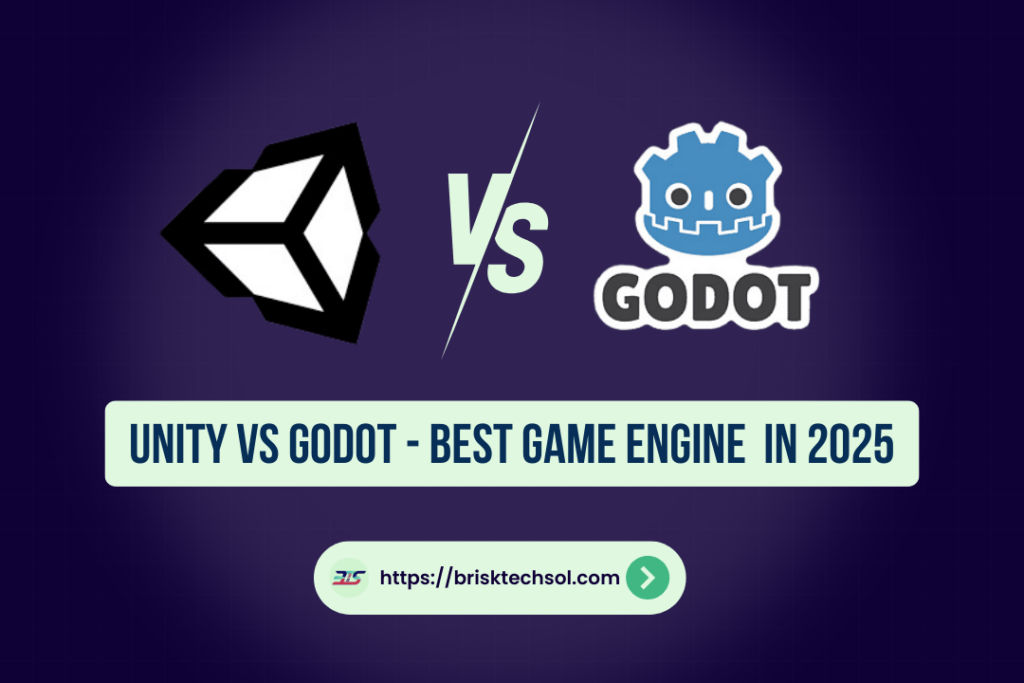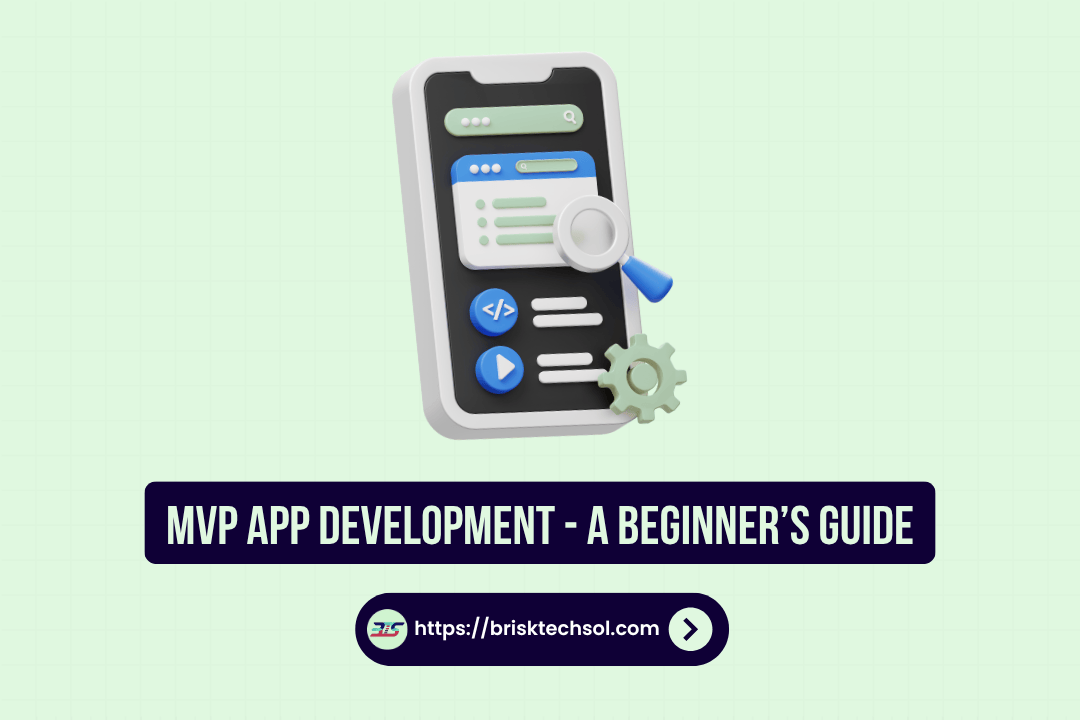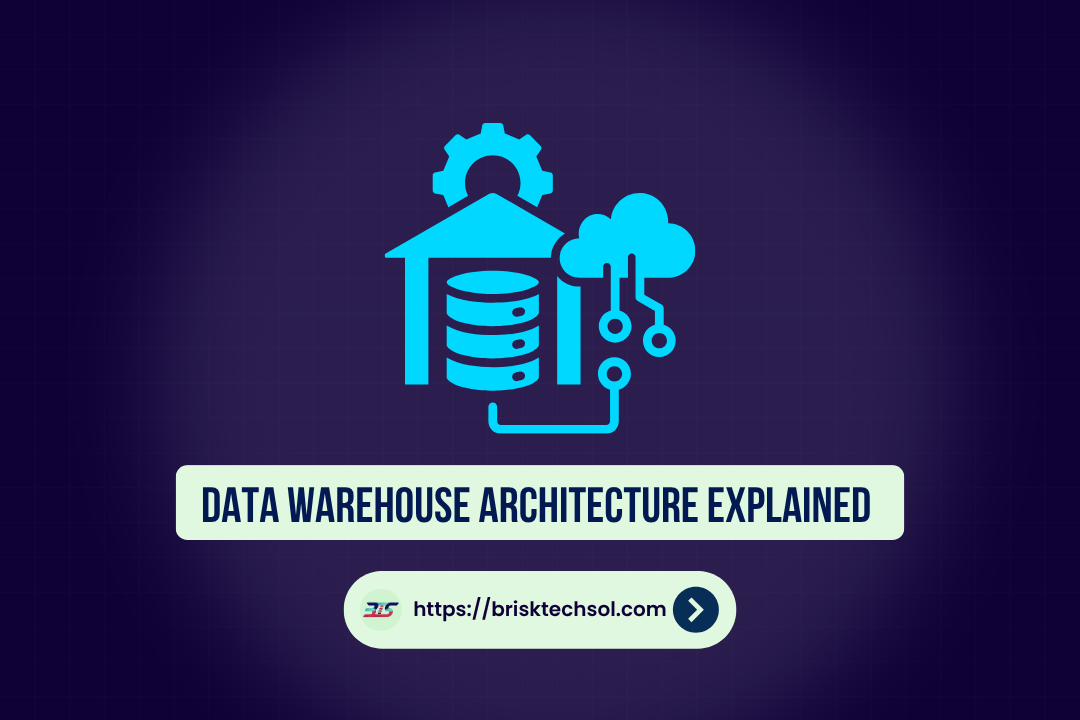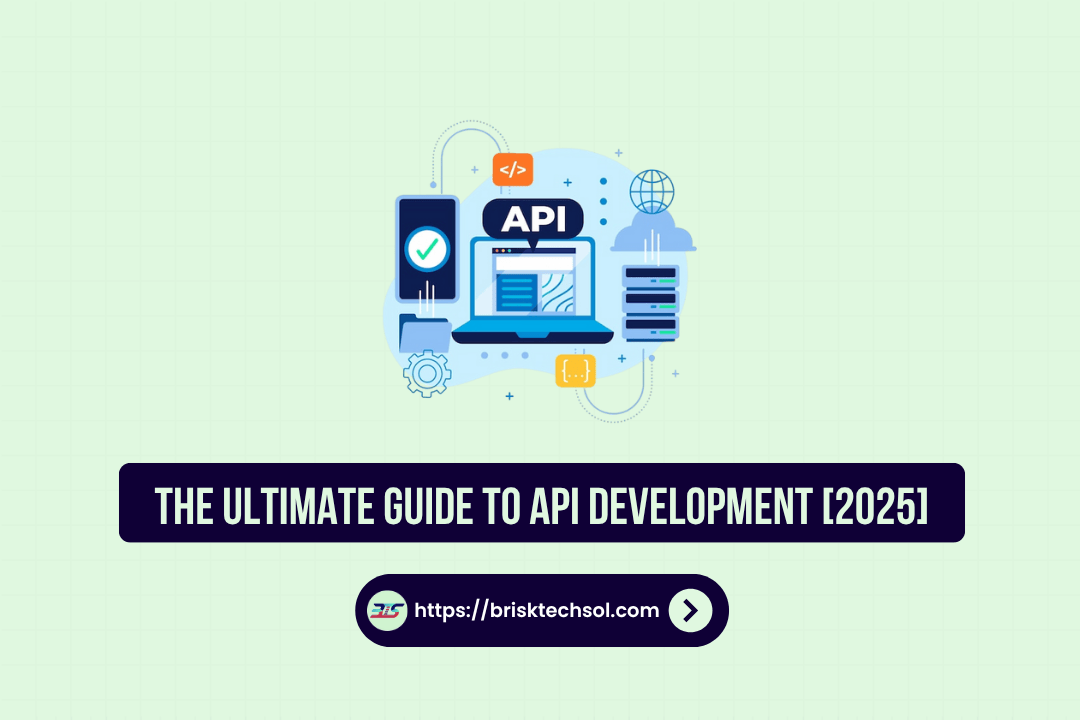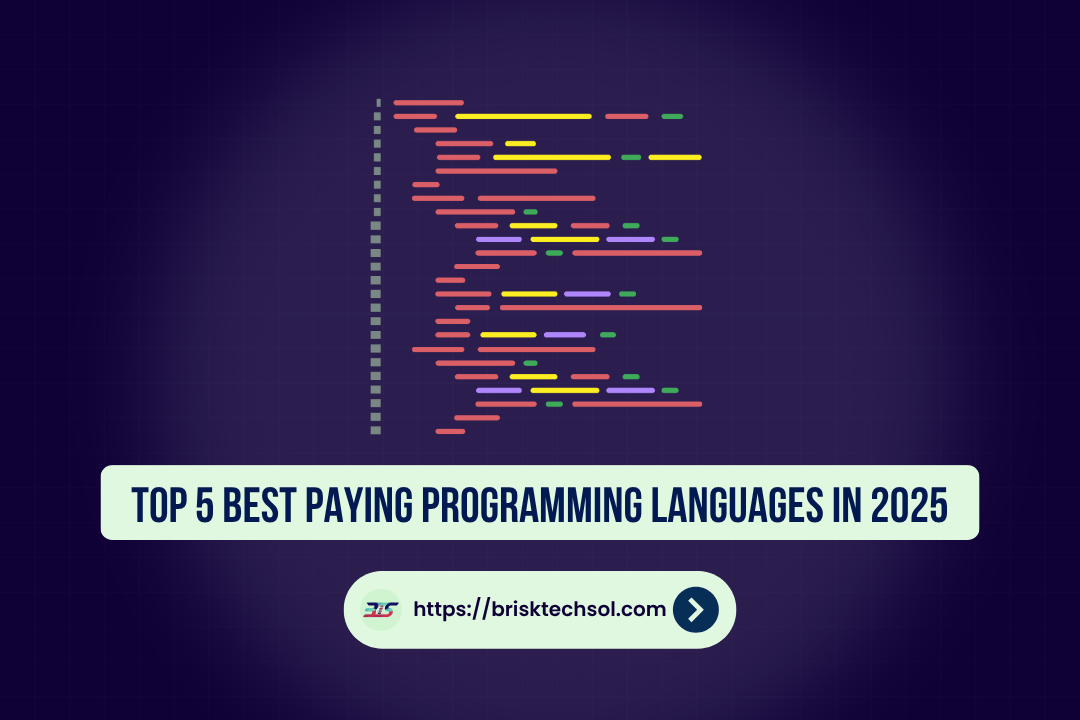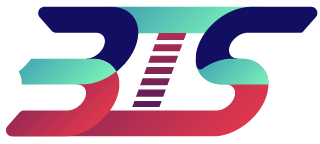In the world of game development, choosing the right game engine is crucial to the success of any project. Two of the most widely used engines are Godot and Unity, each offering unique features and capabilities. Whether you are a beginner or an experienced developer, understanding the strengths and weaknesses of these engines can help you make an informed decision. In this article, we will compare Godot vs Unity in terms of performance, cost, platform support, scripting, and more to help you determine which engine best suits your needs.
Overview of Godot Engine
Godot is an open-source game engine that has been gaining popularity, especially among indie game developers. It is lightweight, highly customizable, and offers strong support for both 2D and 3D game development. One of the standout features of Godot is its node-based architecture, making it easy to organize and manage game objects.
History of Godot:
Godot was first released in 2014 and has since become a top choice for indie game developers. The engine’s open-source nature allows developers to freely modify and customize it to fit their needs, making it a flexible choice for those with specific requirements.
Key Features of Godot:
- Free and open-source: No licensing fees or royalties.
- Built-in support for 2D and 3D: A unique feature that makes Godot an excellent option for both types of game development.
- GDScript: Godot’s own scripting language, designed for ease of use and high performance.
- Cross-platform support: Supports multiple platforms, including Windows, Linux, macOS, iOS, Android, Web, and Consoles.
Advantages of Using Godot:
- Completely free with no hidden costs.
- Excellent for smaller projects or indie games.
- Easy to learn and ideal for beginners in game development.
- Lightweight and can run on less powerful systems.
Disadvantages of Godot:
- Smaller community compared to Unity, which can make finding support and resources harder.
- Less robust asset store and third-party integrations than Unity.
- Limited advanced features for large-scale, high-performance games.
Overview of Unity Engine
Unity, first launched in 2005, is one of the most widely used game engines in the world. It has powered thousands of games across multiple platforms, including some of the most famous titles in the industry. Unity supports both 2D and 3D game development, making it a versatile option for developers of all kinds.
History of Unity:
Unity was created to democratize game development, allowing both large studios and indie developers to create games easily. Its rapid growth has made it the industry standard for game development, and it is backed by a massive community and extensive resources.
Key Features of Unity:
- C# scripting: Unity uses the widely popular C# programming language, which makes it easier for developers with prior experience in other programming languages.
- Asset Store: A massive marketplace with ready-made assets that speed up development.
- Cross-platform deployment: Unity can deploy games across more than 25 platforms, from mobile to consoles.
- Extensive toolset: Powerful tools for graphics rendering, physics simulations, multiplayer networking, and more.
Advantages of Using Unity:
- Large community and vast support resources.
- Powerful tools for 2D and 3D game development.
- Wide range of platforms to publish your games on.
- Strong support for VR and AR development.
- Massive asset store with a wide variety of third-party tools and content.
Disadvantages of Unity:
- Can be resource-heavy, requiring powerful hardware for larger projects.
- Some advanced features are only available in the paid version.
- Learning curve can be steeper for beginners, especially with complex C# scripting.
Godot vs Unity for 2D Game Development
When it comes to 2D game development, Godot holds a distinct advantage. It was specifically designed with a 2D game engine that offers a highly intuitive workflow and features like pixel-perfect rendering and built-in physics. This makes it an ideal choice for developers focused on creating 2D games.
Godot for 2D Games:
Godot’s 2D engine is built from the ground up, meaning it doesn’t rely on hacks or workarounds. It offers better performance and flexibility compared to Unity in 2D development. Godot’s built-in tools allow developers to create stunning 2D visuals with minimal effort.
Unity for 2D Games:
While Unity offers great support for 2D game development, it was originally built as a 3D engine, so developers may need to set up a few extra components. Unity’s 2D tools, such as the sprite editor and tilemaps, are powerful but don’t provide the same level of out-of-the-box 2D-specific functionality as Godot.
Performance Comparison:
When it comes to 2D performance, Godot often edges out Unity. It handles 2D rendering more efficiently, making it the preferred choice for 2D indie games and smaller projects.
Godot vs Unity for 3D Game Development
For 3D game development, Unity is clearly the more powerful option. Its advanced rendering system and support for high-quality graphics make it a top choice for developers working on complex 3D games.
Godot for 3D Games:
While Godot offers 3D capabilities, it is not as refined as Unity. Godot’s 3D engine is still evolving, and it doesn’t support the same level of graphical fidelity or real-time lighting as Unity. However, for indie games or simpler 3D titles, Godot can still be a good option.
Unity for 3D Games:
Unity excels at 3D rendering with features like real-time lighting, physics simulations, and advanced visual effects. Unity also provides a wide range of third-party assets and tools to enhance the development of 3D games.
Which Engine is Better for 3D?
Unity’s advanced tools and better performance make it the best choice for large-scale and graphically intense 3D games. Godot is more suitable for smaller 3D projects or those that prioritize simplicity.
Scripting in Godot vs Unity
Scripting is a crucial aspect of game development, and both Godot and Unity offer unique approaches.
Godot’s GDScript vs Unity’s C#:
Godot uses GDScript, a scripting language similar to Python, which is easy to learn and lightweight. It is optimized for the engine and offers fast iteration times. However, some developers may find GDScript limiting for more complex projects.
Unity, on the other hand, uses C#, a more powerful and widely used language in the game development community. C# is ideal for larger projects and offers better support for object-oriented programming.
Ease of Use:
Godot’s GDScript is simpler for beginners, while C# offers more depth for experienced developers but may have a steeper learning curve.
Performance Considerations:
Both scripting languages perform well, but C# in Unity is generally faster for complex games, thanks to its more mature ecosystem and optimization tools.
Community and Support
Both Godot and Unity have active communities, but their sizes and support systems differ.
Godot’s Community:
Godot’s community is smaller but very dedicated. Being open-source, it has an active forum and Discord channels where developers share ideas and troubleshoot issues. The engine has extensive documentation, but fewer tutorials than Unity.
Unity’s Community:
Unity’s large community is a huge asset. The Unity Asset Store is full of third-party plugins, assets, and tools, and there are countless forums, online courses, and resources available to help developers.
Which Engine Offers Better Support?
Unity offers superior support, both in terms of community resources and official documentation. However, Godot’s open-source nature means its community is very hands-on and often more responsive.
Cost Comparison
When it comes to cost, Godot has a clear advantage.
Godot’s Pricing:
Godot is completely free and open-source, with no royalties or licensing fees. Developers can use the engine for any purpose, including commercial games, without worrying about any hidden costs.
Unity’s Pricing:
Unity offers a free version for smaller developers or companies earning less than $100,000 per year. For larger companies, Unity requires a paid subscription (Unity Pro), which can cost up to $1,800 per year per user.
Which Is More Cost-Effective?
Godot is a much cheaper option as it is free, while Unity’s cost can add up depending on the size of the studio and project.
Performance and Optimization
Godot’s Performance:
Godot is lightweight and performs well on low-end devices, making it great for mobile games and smaller-scale projects. Its 2D engine is optimized for speed, but its 3D performance still lags behind Unity.
Unity’s Performance:
Unity is more powerful and is optimized for both mobile and desktop platforms. It can handle high-end 3D games and VR applications with ease.
Which Engine Delivers Better Performance?
Unity provides better overall performance, especially for complex projects. However, Godot’s optimization for 2D games makes it the better choice for simpler projects.
Platform Support and Cross-Platform Development
Godot’s Platform Support:
Godot supports all major platforms, including Windows, macOS, Linux, Android, iOS, and Web. However, its console support is limited compared to Unity.
Unity’s Platform Support:
Unity supports over 25 platforms, including PC, mobile, consoles, WebGL, and VR. Unity’s cross-platform deployment tools are some of the best in the industry.
Which Engine Is Best for Multi-Platform Games?
Unity is the best choice if you need to develop games for multiple platforms due to its extensive support.
Conclusion
In the battle of Godot vs Unity, both engines offer unique strengths. Godot is an excellent choice for indie developers, 2D games, and those looking for a free and open-source engine. On the other hand, Unity excels in 3D game development, has a massive community, and offers a powerful suite of tools for developers working on large-scale projects.
Ultimately, the choice between Godot and Unity comes down to your specific needs, the type of game you are developing, and your budget. For 2D games, Godot is a great fit, while for 3D games and more advanced features, Unity remains the go-to engine.
FAQ‘S
1. What is the best engine for beginners, Godot or Unity?
Godot is often recommended for beginners due to its simple interface and easy-to-learn scripting language (GDScript). Unity, while powerful, has a steeper learning curve for newcomers.
2. Can Godot handle 3D games as well as Unity?
Unity is more capable for complex 3D games, offering advanced rendering, physics, and asset management. Godot can handle simpler 3D games but lacks the same level of 3D sophistication as Unity.
3. Which engine has better cross-platform capabilities, Godot or Unity?
Unity supports more platforms and has advanced tools for cross-platform development, making it the superior

